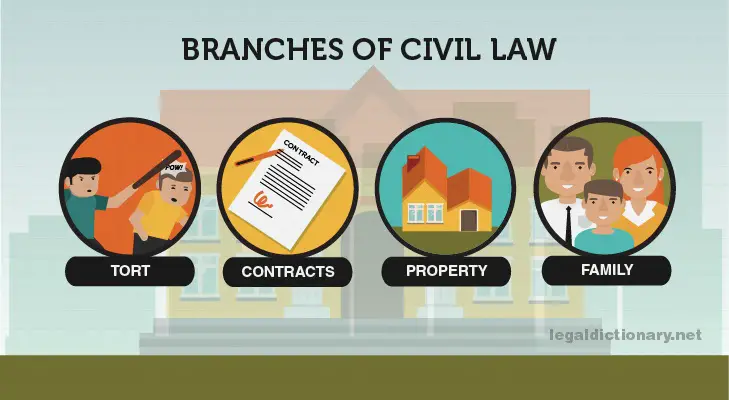

Extortion racketeering is systemic when it is deeply rooted and extends across a territory since it is a core part of organized crime groups’ activities. The overall argument is that market opportunities for extortion driven by lack of trust in market dynamics and variations in the characteristics of organized criminal groups may give rise to two different types of extortion racketeering: systemic and casual. This chapter deals with extortion, racketeering, and organized crime in Europe.

When extortion is committed on a regular basis, it turns into racketeering: “an institutionalized practice whereby tribute is collected on behalf of a criminal group that, in exchange, claims to offer protection” (Volkov, 2002: 1). The legal definitions of extortion in other countries are similar to the US.
#Extortion legal definition code#
1992).Extortion is “the obtaining of property from another, with his consent, induced by wrongful use of actual or threatened force, violence, or fear, or under color of official right” (The United States Code 18 U.S.C. In other words, to prove the offense of extortion under color of official right in violation of the Hobbs Act, the government need only show that a public official has obtained a payment to which s/he was not entitled, knowing that the payment was made in return for official acts. Under the Hobbs Act, proof of actions under color of office is essential to prove the crime and the offense requires the jury to find that the public official did something under color of his/her office to cause the giving of benefits. Even an attempt to obtain something for another person is sufficient for the crime of extortion. However, it is not necessary that a person who causes a threat must obtain something for himself/herself. The threat may consist of destruction or of injury to a person, his/her character, or his/her property.Ī threat is used as a means to obtain money or other things of value for the purpose of gain to the person making the threat. Fear can be induced by a threat either to do an unlawful injury to the person or property of the individual threatened or of a third person or to accuse him/her of any crime, or to expose or to impute to him/her any disgrace or crime or to expose any secret affecting him/her. Generally, a threat means something that ordinarily creates fear. However, in many jurisdictions, the crime of extortion has been expanded to include the obtaining of money, property, or anything of value by any person, by means of a threat. It is to be noted that a threat is not considered to be necessary for the commission of extortion in common law. With intent to extort money or pecuniary advantage as to compel the person so threatened to do or refrain from doing an act against his/her will.Threatening accusation of any crime or offense or any injury to the person or property or mother, father, husband, wife, or child of another,.


1984), that the elements of extortion are: Generally, a demand or a request for a specific sum of money is not considered a prerequisite to a conviction of extortion. Intent is also regarded as an element of extortion. The Use of a threat in order to obtain money or anything of value constitutes the crime of extortion. Extortion is the obtaining of property from another, with his/her consent, induced by the wrongful use of actual or threatened force, violence, fear, or under color of official right.


 0 kommentar(er)
0 kommentar(er)
